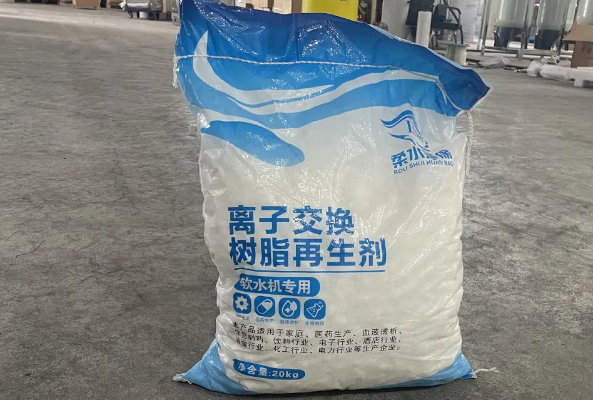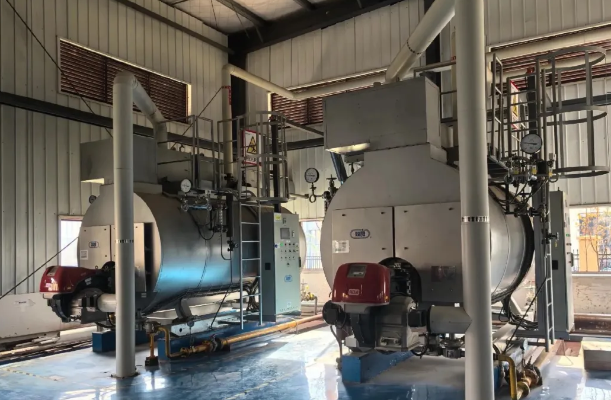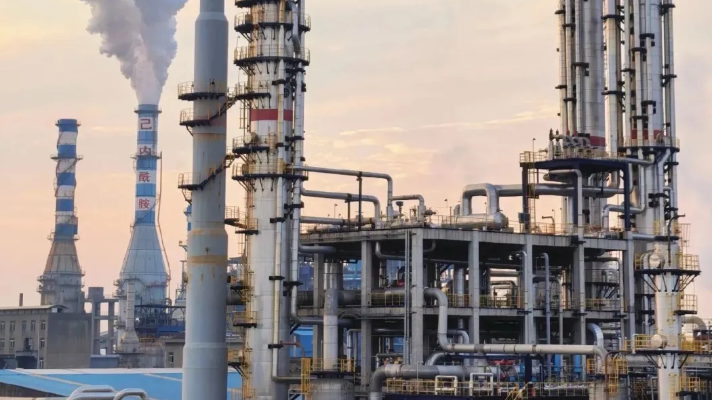Cat:FRP RO Membrane Shell
Fiber Reinforced Polymer (FRP) Reverse Osmosis (RO) membrane shells are highly sought-after for water treatment systems operating in corrosive environ...
See DetailsIn industrial production, water hardness directly impacts equipment efficiency, product quality, and operating costs. Conventional water treatment methods are unable to meet the demands of large-scale industry. Therefore, industrial-grade softening salt, a core consumable in professional water softening systems, is crucial for ensuring stable production. This article will delve into the characteristics, application scenarios, and key selection criteria of industrial softening salt.

The essential difference between industrial water softening salt and household products
Core Differences Comparison
| Indicator | Industrial Soft Water Salt | Household Soft Water Salt |
| Purity Standard | ≥99.8% NaCl | ≥99.5% NaCl |
| Anti-caking Performance | Special process treatment, stable under humidity | Standard anti-caking |
| Dissolution Rate | Controllable dissolution, matching industrial regeneration cycles | Fast dissolution |
| Packaging Specification | 25kg/bag (bulk packaging) | 10kg small packaging |
| Impurity Control | Heavy metal content ≤0.5ppm | Meets food-grade standards |
Key Features
Vacuum salt production process results in a more uniform crystal structure.
Anti-adhesive additives are added to adapt to high-humidity industrial environments.
Low residual solvent design reduces the risk of resin contamination.
Typical application scenarios of industrial water softening salt

1. Boiler Water Treatment System:
Prevents scaling of thermal equipment, improving thermal efficiency by 15-20%
Extends boiler service life by 3-5 years
Typical case: A thermal power plant saved over 800,000 yuan in annual maintenance costs
2. Chemical Production:
Ensures stable operation of key equipment such as reactors and heat exchangers
Prevents calcium and magnesium ions from affecting chemical reaction purity
Application example: Process water treatment in PVC production
3. Textile Printing and Dyeing Industry:
Prevents dye precipitation and improves dyeing uniformity
Reduces equipment pipe blockage and reduces maintenance frequency by 60%
4. Electronic Component Cleaning
Provides ultra-low impurity soft water to prevent contamination of precision components
Typical case: Pretreatment of water for semiconductor wafer cleaning
Professional Selection Guide:
Select by System Type
Countercurrent Regeneration System: Spherical salt (particle size 2-4mm) is recommended.
Downstream Regeneration System: Coarse granular salt (particle size 4-6mm) is suitable.
Fully Automatic Control System: Requires high-purity instant salt.
(For reference only. Please select the correct salt based on your actual situation and manufacturer's specifications.)
Key Quality Indicators:
1. Purity Test: NaCl Content ≥ 99.8%
2. Insoluble Matter Test: ≤ 0.01% (by weight)
3. Heavy Metal Content: Pb ≤ 0.2ppm, As ≤ 0.1ppm
4. Bulk density: 1.1-1.3 g/cm³ (affects salt addition frequency)
Supplier evaluation factors
Is an MSDS provided?
Availability of third-party testing reports (SGS/BV, etc.)
Warehousing and logistics capabilities (moisture-proof packaging, guaranteed bulk supply)
Industry pain point solutions
Common problem handling
Problem 1: Regeneration failure due to salt bridging
→ Solution: Switch to anti-caking industrial salt and install an automatic stirring device
Problem 2: Premature resin failure
→ Solution: Measure salt impurity content and switch to a higher-purity product
Problem 3: Decreased regeneration efficiency
→ Solution: Adjust salt particle size to match regeneration flow rate
Cost optimization suggestions
Establish a salt consumption monitoring system for precise dosing
Select a regional supplier to reduce logistics costs
Consider bulk salt storage solutions (applicable for usage > 50 tons/month)
Technology trends
1. Intelligent salt monitoring system: Real-time monitoring of salt tank status to predict replenishment needs
2. Environmentally friendly formulas: Develop biodegradable additives to reduce environmental impact
3. Customized service: Provide customized salt solutions based on water quality reports
Conclusion
Industrial softening salt, the lifeblood of water treatment systems, directly impacts the reliability and economic efficiency of production systems. Choosing high-quality products from professional suppliers can help businesses reduce overall operation and maintenance costs by 15-30%. Hangzhou Roushui Environmental Protection Technology Co., Ltd. offer free water quality testing and salt selection services to help businesses achieve efficient water system management.